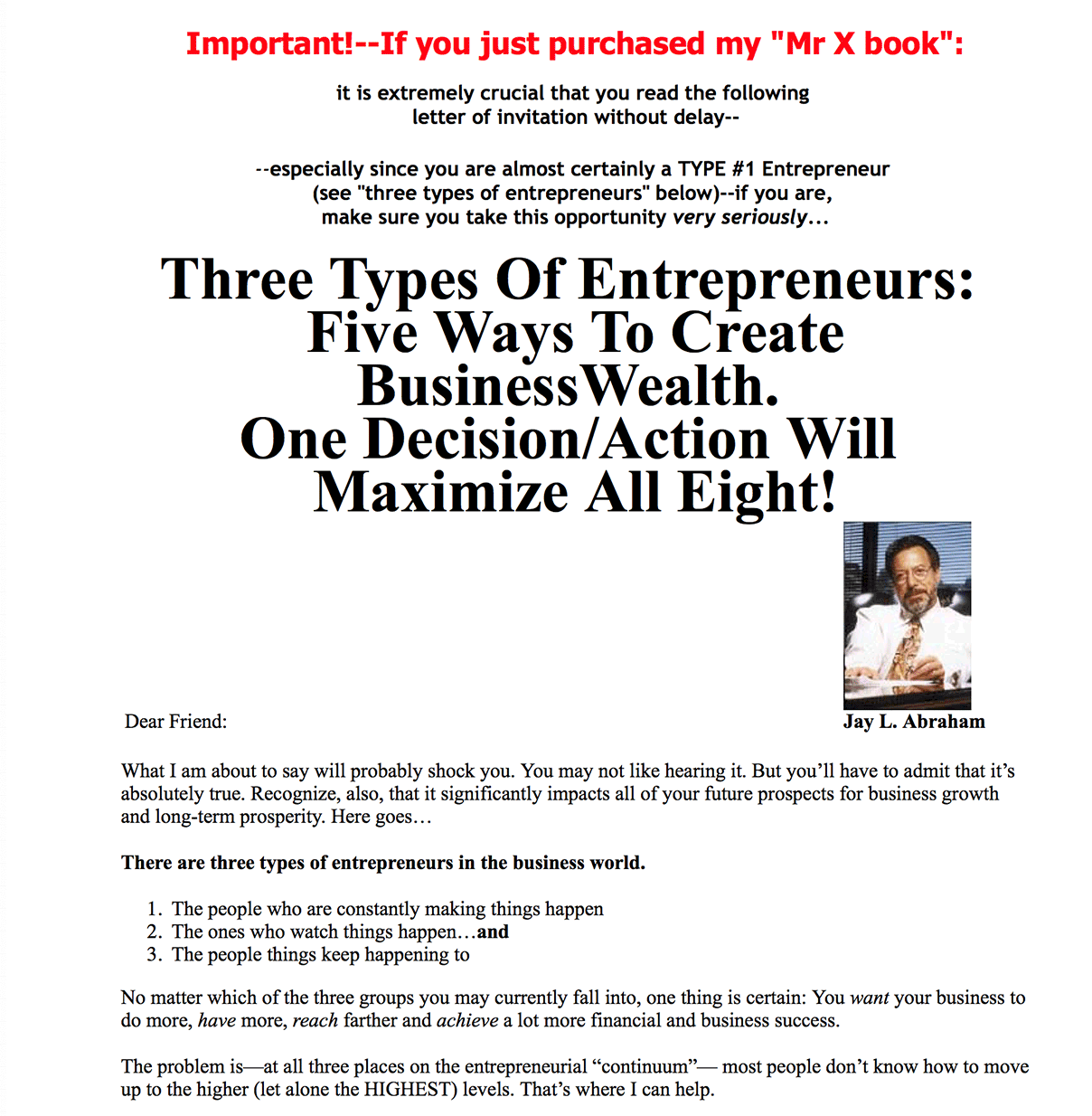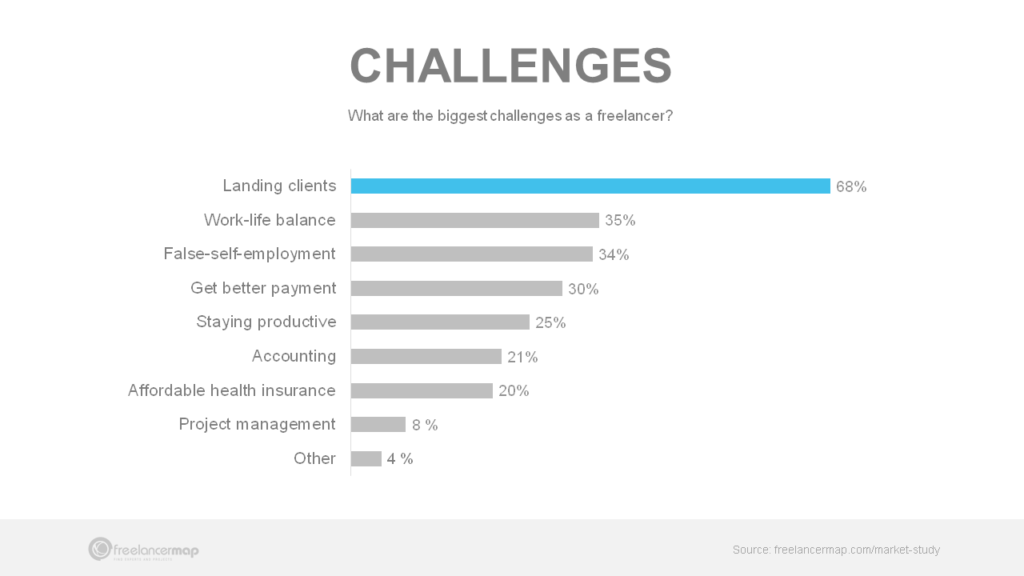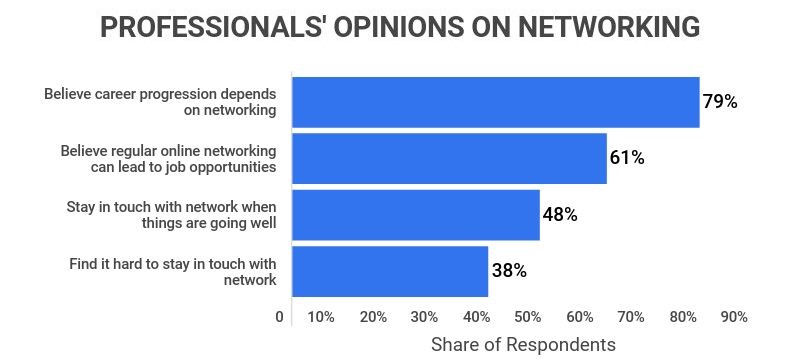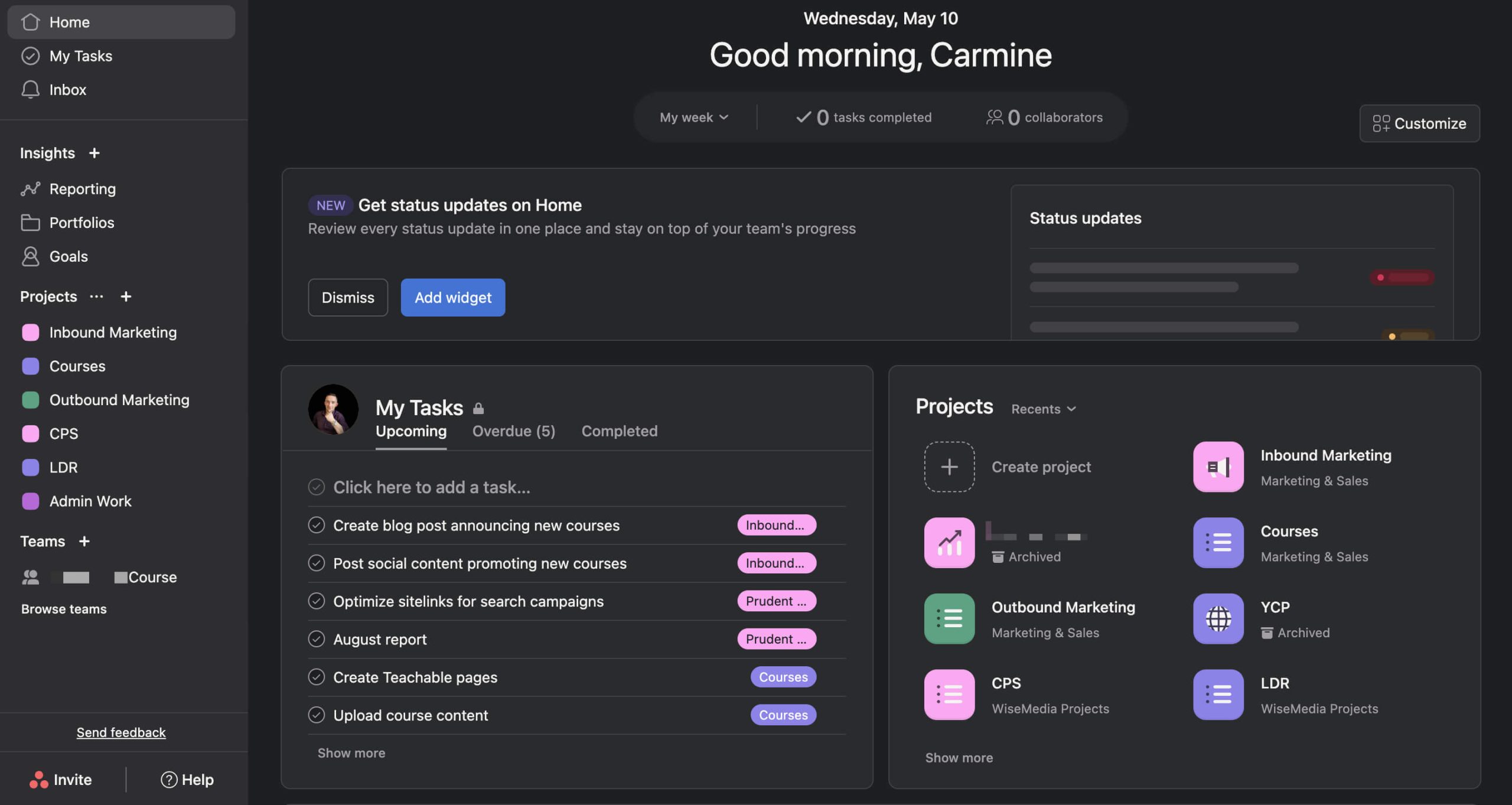Copywriting. It’s not just about stringing words together or crafting a catchy tagline. It’s the secret sauce that can boost conversions, drive sales, and make businesses thrive in the digital age.
And guess what? The demand for skilled copywriters has never been higher. With more and more businesses moving online, there’s a constant need for persuasive, engaging, and results-driven copy.
But here’s the best part: you can tap into this ever-growing market and make some serious dough as a freelance copywriter. It’s not a get-rich-quick scheme, and it does require hard work and dedication, but the rewards can be oh-so-sweet.

In this ultimate guide, we’ll explore how you can make money online with copywriting, from honing your skills to finding clients and setting rates. So, buckle up, future copywriting rockstar, and let’s dive in!
First Things First, What is Copywriting?
Copywriting, in a nutshell, is the art of persuasion through words. It’s not just about putting words on a page; it’s about strategically crafting messages that resonate with your target audience, compel them to take action, and ultimately help businesses achieve their goals. Think of it as the behind-the-scenes superhero of the marketing world.

But, hold on, there’s more! Copywriting comes in various flavors, and each serves a unique purpose. You’ve got your sales pages that nudge people to buy, email marketing campaigns that nurture leads, blog posts that inform and entertain, social media content that sparks engagement, product descriptions that paint vivid pictures, and website copy that tells a brand’s story.
The beauty of copywriting is its versatility. From selling products to building brand awareness, it’s an essential tool for any business looking to make a splash online. And that, my friend, is where you come in, wielding the power of words to create a lasting impact and, of course, make a pretty penny doing it.
Essential Skills to Make Money Copywriting
Ready to rock the copywriting world? First, let’s make sure you’ve got the skills to pay the bills. Here are the essentials you need to master to become a top-notch copywriter:
- Stellar writing and editing chops: Obvious, right? But it’s more than just avoiding typos. You need to write clear, concise, and captivating copy that leaves your audience hanging on every word. And don’t forget about grammar, punctuation, and style. They matter too!
- The art of persuasion: Copywriting is all about convincing people to take action. Whether it’s making a purchase or signing up for a newsletter, you need to know how to create compelling copy that drives results. So, get familiar with power words, emotional triggers, and storytelling techniques to win over your audience.
- Audience know-how: It’s not about you, it’s about them. To create effective copy, you need to understand your target audience inside and out. What makes them tick? What problems are they facing? What are their desires and fears? Answer these questions, and you’ll be well on your way to crafting copy that resonates.
- Research skills: The best copywriters are also top-notch researchers. You need to gather information about your client’s product, service, or industry to create compelling and accurate copy. So, sharpen your research skills, because they’ll come in handy, big time.
- SEO smarts: Search engine optimization (SEO) is crucial for getting your client’s content noticed online. By understanding keywords, on-page optimization, and search intent, you can create copy that not only appeals to readers but also ranks well on search engines.
- Adaptability: Every client and project is different, so you need to be flexible and adapt your writing style accordingly. Whether it’s adopting a brand’s voice or switching between industries, the ability to change gears quickly is a must-have skill in your copywriting arsenal.
Now that you know what it takes, it’s time to hone those skills and show the world you’re a force to be reckoned with in the copywriting game!
Building Your Copywriting Portfolio
Picture this: You’re all set to make a name for yourself in the copywriting biz, but there’s one little thing holding you back–clients want to see your work, but you’ve got zilch to show.
That’s where a killer portfolio comes in, showcasing your talent and helping you land those sweet gigs. Here’s how to create an impressive copywriting portfolio:
- Variety is key: You want to flex your copywriting muscles, right? So, make sure your portfolio has a mix of content types – think sales pages, blog posts, email campaigns, social media snippets, and more. It’ll show potential clients that you can handle anything they throw your way.
- Results-driven work: Clients aren’t just looking for pretty words; they want results. Whenever possible, highlight projects that brought in conversions, boosted sales, or increased engagement. It’ll prove you’re not just a word wizard but also a revenue-generating machine.
- Testimonials and references: Got happy clients? Ask them for a testimonial! Glowing reviews from real-life clients can give your portfolio that extra oomph and help build trust with potential clients. And if you’re just starting, consider doing a few small projects for friends or family in exchange for their feedback.
- Online platforms for showcasing: Make it easy for clients to find and browse your work by putting your portfolio online. You can create your own website, or use popular portfolio platforms like Behance, Dribbble, or Contently. Just make sure it’s clean, organized, and easy to navigate.
Remember, your portfolio is your ticket to landing amazing copywriting gigs. So, invest time and effort into making it shine, and you’ll be well on your way to becoming the go-to copywriter everyone’s clamoring for.
Finding Copywriting Gigs to Make Money
So, you’ve got the skills, and your portfolio is ready to turn heads. Now comes the fun part: finding gigs and clients. But where do you start? Don’t worry; I’ve got your back. 68% of freelancers struggle with landing new work, so let’s dive into some of the best ways to make money copywriting online.

First up, freelancing platforms. These are online marketplaces where businesses and freelancers meet, network, and (hopefully) strike deals. Popular options include Upwork, Freelancer, Fiverr, and PeoplePerHour. Create a profile, showcase your work, and start bidding on projects that fit your skills and interests. Just remember, competition can be fierce, so put your best foot forward with a killer proposal.
Another option for finding gigs is to scour job boards and websites dedicated to freelance work. Sites like Problogger, Freelance Writing Jobs, and FlexJobs often list copywriting opportunities for various niches and industries. Keep an eye out for the perfect fit, and don’t forget to tailor your application to each job post.
Now, let’s talk about the power of networking and referrals. 79% of professionals believe that networking is key to job progression, and that means copywriting too.

Your existing connections might just be the ticket to landing your next gig. Reach out to friends, family, or colleagues who may know someone in need of copywriting services. Don’t be shy; a personal recommendation can go a long way in getting your foot in the door.
Last, but definitely not least, harness the power of social media. Platforms like LinkedIn, Twitter, and even Facebook can be goldmines for finding clients. Share your work, engage with others in your industry, and don’t be afraid to pitch your services to potential clients. Just remember to keep it professional and focus on building relationships, not just selling.
Setting Your Writing Rates and Earning Potential
Alright, let’s talk money. Setting your copywriting rates can be a bit tricky, but it’s crucial to get it right. You want to charge what you’re worth without scaring clients away. So, how do you strike that perfect balance? Here are some pointers to help you out:
First, consider factors like your experience, niche expertise, and the client’s budget. If you’re just starting, you might need to charge lower rates until you build a solid reputation. As you gain experience and specialize in a specific niche, you can command higher fees. And remember, clients with bigger budgets are often willing to pay more for quality work.
Now, let’s talk pricing models. There’s no one-size-fits-all approach, but you’ve got some options.
Charging per word is a common choice, especially for blog posts and articles. Hourly rates work well if you’re unsure about the time a project might take, or if it involves lots of revisions. Per-project rates, on the other hand, give clients a clear idea of the total cost and can be great for one-off gigs or ongoing work.
So, how do you boost your earning potential? First, focus on building a strong reputation. The more you’re known for delivering top-notch work, the more clients will seek you out, and the more you can charge.
Next, invest in yourself by continuously learning and upskilling. Stay on top of industry trends, attend workshops or conferences, and consider taking courses to sharpen your skills.
Lastly, expand your client base. The more clients you have, the more stable your income will be. Just make sure you can handle the workload without sacrificing quality.
Managing Your Copywriting Business
Managing your copywriting business might seem overwhelming at first, but trust me, it’s a piece of cake once you’ve got the hang of it. Here are some practices to help you stay on top of your game and keep your business running like a well-oiled machine.
Time management and productivity are crucial when you’re juggling multiple projects and clients. To stay organized, use tools like Trello or Asana to manage your tasks and deadlines, and consider time-tracking apps like Toggl to see where your time’s going. And, of course, don’t forget to take breaks and recharge your creative batteries.

When it comes to invoicing and payments, make life easier for yourself and your clients by using tools like FreshBooks or QuickBooks. These platforms help you create professional invoices, track expenses, and even accept payments online. It’s a win-win for everyone involved!
Handling client feedback and revisions can be a delicate dance, but it’s essential to keep your cool and stay professional. Be open to criticism, listen carefully to your client’s concerns, and address them promptly. Remember, your goal is to create copy that meets their needs and drives results.
Finally, think about how you can grow and scale your copywriting business. As you gain experience and build your reputation, consider raising your rates or branching out into new niches. You could even hire other copywriters to take on some of the workload or collaborate on bigger projects.
Wrapping Up How to Make Money Online With Copywriting
And there you have it, my friend–the ultimate guide to making money online with copywriting. I’ve covered everything from mastering essential skills to building a jaw-dropping portfolio, finding clients, setting rates, and managing your very own copywriting business. The journey might be challenging at times, but the rewards are well worth it.
So, what are you waiting for? It’s time to unleash your inner wordsmith, conquer the world of copywriting, and rake in the cash doing what you love. Remember, success won’t happen overnight, but with persistence, hard work, and creativity, you can build a 6-7 figure writing business.
If you want to 10x your writing skills and income, enroll in my online courses and get mentorship from me.














